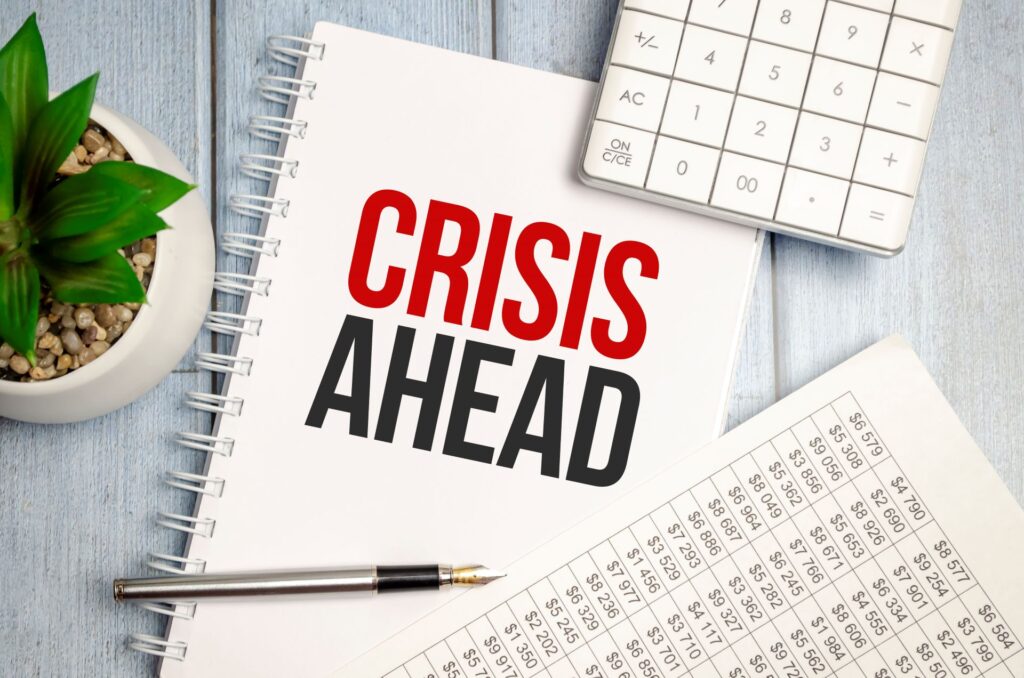
In the high-stakes world of the music industry, managing a crisis effectively can be the difference between a minor setback and a career-ending scandal. Public Relations (PR) professionals in the music industry are often at the frontline, tasked with navigating the choppy waters of scandals, controversies, and other potential reputation-damaging incidents. This blog post delves into the strategies and approaches used by music PR experts to manage crises, protect the reputations of their clients, and sometimes, knowing when not to respond.
1. Rapid Response and Assessment
The first step in crisis management is the rapid response and assessment of the situation. Music PR professionals must quickly gather facts and understand the context of the crisis. Whether it’s a controversial statement, legal issue, or a public mishap, a swift response is crucial. Delay in addressing the issue can often lead to speculation and rumors, which can exacerbate the situation.
2. Crafting a Careful Response
Once the situation is assessed, the next step is crafting a response. This response must be carefully balanced to address the issue without fueling the fire. PR professionals often work with legal teams to ensure that the response is not only empathetic but also legally sound. The key is to acknowledge the problem, express genuine concern, and avoid defensive or aggressive language.
3. Controlling the Narrative
An essential aspect of crisis management is controlling the narrative. This involves ensuring that the client’s side of the story is heard and understood. PR professionals utilize various channels like press releases, social media, and interviews to disseminate their message. In some cases, they might also engage with influencers or other industry figures to help shape public perception.
4. Utilizing Apologies and Rectification
In scenarios where the crisis involves a mistake or wrongdoing by the artist, a well-crafted apology can be a powerful tool. The apology should be sincere and demonstrate a commitment to rectification. This might involve charitable donations, community service, or other actions that show the artist’s commitment to making amends.
5. When Not to Respond
There are times when responding to a crisis can do more harm than good. In situations where the controversy is based on unfounded rumors, misinformation, or where the story is rapidly evolving without clear facts, it might be wiser to not respond immediately. In these cases, staying silent can prevent giving unnecessary attention to the issue or inadvertently escalating the situation. The decision to not respond should be strategic, with close monitoring of how the situation evolves and readiness to respond if necessary.
6. Long-Term Reputation Management
Crisis management doesn’t end with addressing the immediate issue. Long-term reputation management is crucial. This may involve rebranding efforts, strategic publicity campaigns, and consistent positive messaging to rebuild and enhance the artist’s public image.
7. Learning from the Crisis
Finally, an often-overlooked aspect of crisis management is learning from the incident. PR teams analyze the crisis to understand what went wrong and how similar situations can be prevented in the future. This learning process is vital for refining strategies and ensuring better preparedness for any future challenges.
Crisis management in music PR is a complex and delicate process. It requires quick thinking, strategic planning, and a deep understanding of public perception. By effectively managing crises, music PR professionals play a crucial role in safeguarding the careers of artists and maintaining their positive public image. In an industry where reputation can be everything, effective crisis management is an invaluable skill.
